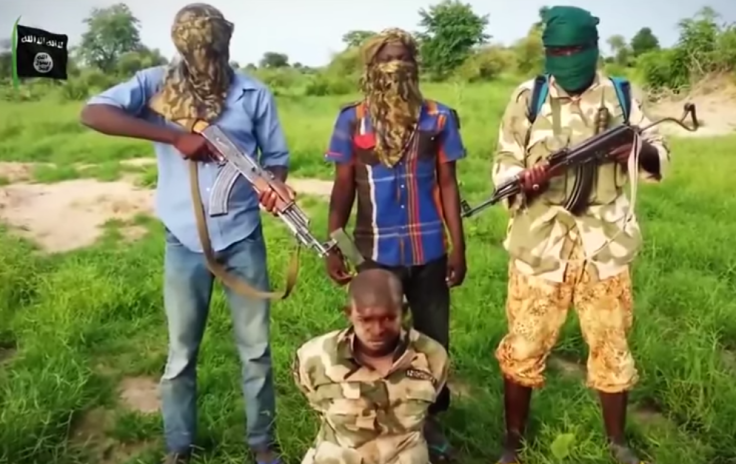Boko Haram: Questions raised in Cameroon over use of witchcraft to fight militants
Cameroonian President Paul Biya urged citizens in January 2016 to use witchcraft to fight Boko Haram.
After Cameroonian President Paul Biya urged citizens a year ago to use witchcraft to fight Boko Haram, people have been earnestly following his orders despite the fact that performing black magic is illegal in the country. However, questions have been raised over the move and its effectiveness.
The president's call was seen as a desperate measure as Cameroon, along with other West African regions like Nigeria, the Niger delta and the Chad Basin that are infested by Boko Haram, continues its fight against the Islamic State (Isis)-linked militant group, known for kidnappings and killings.
Cameroon government data reportedly showed that more than 1,500 people have died in the past two years in the fight against Boko Haram and 155,000 people have been displaced.
While many practising wizardry in the country claim that their use of curses and spells against Boko Haram in Cameroon has been effective in thwarting attacks, a government official said they could not confirm such claims.
Political experts, on the other hand, said asking people to resort to black magic to fight terrorism shows the government was not confident of its own military, Pri.org reported.
Henriette Ekwe, a Cameroonian political analyst and good government advocate, was quoted as saying: "When one comes to advocate the practice of witchcraft, it is because one is not sure of one's army.
"It is not up to a head of state to advocate practices of black magic in a theatre of operations where it is the weapons that must inflict defeat on Boko Haram, not magicians or sorcerers. This is very serious for the morale of the troops.

"What is surprising is that the head of state advocates the practice of witchcraft prohibited in Cameroon. How many times have we thrown old people into cells on the grounds that they are accused of practising black magic in the villages?" Ekwe added.
"I am concerned about the consequences," Ngue Bong Simon Pierre, a lawyer in Douala – the largest city in the country, said, adding: "Isn't it possible that those responsible for performing these rites might also abuse them?"
The practice of black magic was legally banned in the country owing to concerns that people in the tribal communities might use the occult sciences to cast spells on enemies and hurt them. According to Cameroonian law, practising wizardry could lead to fines and prison sentences of up to 10 years, Pri.org wrote.
However, encouraged by the president's call in January 2016, several people in the country have started openly using it against Boko Haram. Midjiyawa Bakari, governor of the Far North region of the country, also exhorted his people to wipe out the militants through witchcraft.
Baba Boukar, who claimed to have studied witchcraft for years, said some members of the vigilance committees "have the ability to mystically eat the hearts of enemies or make them slaves by pronouncing incantations". He added that his disciples also use vampirism, in which spells can replace the physical objects, to fight the Islamist militants.
Toudje Goumo, a deputy prefect of the Mayo-Sava area in Cameroon's Far North region, said: "Regarding witchcraft, we don't have the resources to assess the level of its impact on the ground."
© Copyright IBTimes 2025. All rights reserved.





















